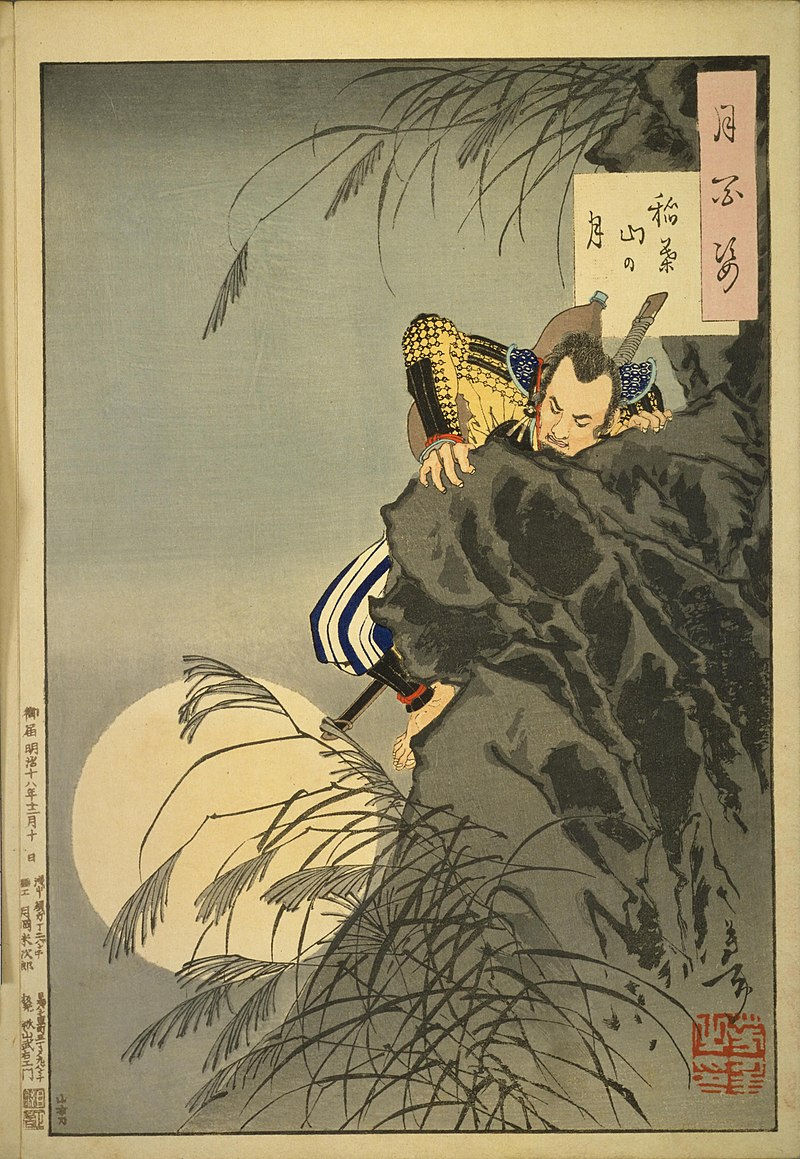Daimyo
- 2304583d
- Aug 4, 2024
- 2 min read

A daimyo (大名) was a powerful Japanese feudal lord who ruled most of Japan from their vast, hereditary land holdings. They were subordinate only to the shogun and, nominally, to the emperor. The term "daimyo" translates to "great name," reflecting their significant influence and authority within the feudal system.'
Feudal Lords: Daimyo were regional lords who controlled large estates (domains) and were responsible for governing their domains. They maintained their own armies, administrative systems, and castles.
Military Power: The private armies retained by daimyo comprised mostly of samurai, which they used to defend their territories and expand their power. Loyalty from their samurai was a key aspect of their control, although most Daimyo also incorporated peasant levies in their armies when campaigning, a notable example of this is Oda Nobunaga, who maintained a large army comprising of Ashigaru (peasant levies) and Samurai.
Economic Control: Daimyo collected taxes from peasants working their lands and used these resources to maintain their armies and support their courts. The taxes were in the form of rice cultivated on farmland and they were counted by the Koku.
Autonomy and Loyalty: While they were autonomous rulers within their own domains, daimyo owed allegiance to the shogun, who was the supreme military leader of Japan. Their loyalty was crucial for maintaining the shogunate's overall control over the country.
During the Sengoku Period (1467-1600): This era of civil war and social upheaval saw many daimyo competing for power. The period ended with the unification of Japan under leaders like Oda Nobunaga, Toyotomi Hideyoshi, and finally Tokugawa Ieyasu.
During the Tokugawa Shogunate (1603-1868): During this period, daimyo were divided into three main categories based on their relationship with the Tokugawa clan: shinpan (relatives of the shogun), fudai (hereditary vassals), and tozama (outside lords). The shogunate implemented policies to control the daimyo and prevent them from becoming too powerful, such as the sankin-kotai (alternate attendance) system, which required daimyo to spend alternating years in the capital, Edo, and their own domains.




Comentarios